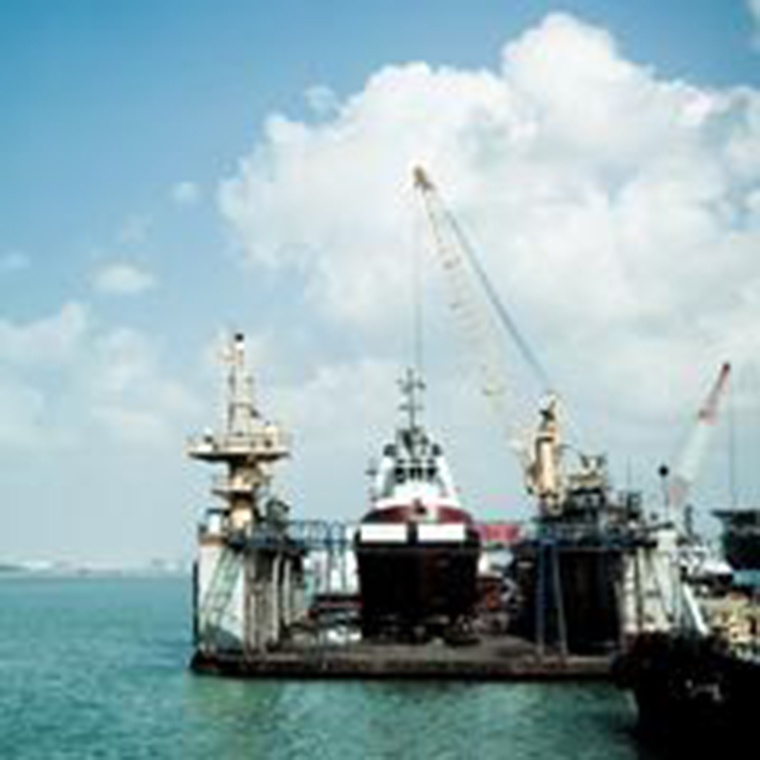Published: December 21, 2011
Standard Chartered and DVB Bank are working to show that there is still debt available for the right company.
For much of 2011, Topaz Energy & Marine hit the headlines for the wrong reasons. In March, a planned US$500mn IPO in London was shelved. Five months later one of its finance managers was sacked after the revelation of a US$2.9mn fraud at the company.
But 2011 could yet end on a deal-making high for the Dubai-based oilfield services specialist. In November its parent group, Omani multinational Renaissance Services, appointed Standard Chartered and DVB Bank to arrange a US$380mn syndicated funding to refinance Topaz’s debt and expand its fleet of offshore vessels. Renaissance has given the banks until the end of December to raise the funding from local and international lenders.
“We are progressing,” Geir Sjurseth, DVB Bank’s managing director and global head of its offshore support group, tells EMEA Finance. “Our plan is to have this fully raised by year-end and we are on track to achieve that.”
Head on
In late November, DVB and Standard Bank approached international shipping and offshore banks as well as regional lenders in the Middle East. With only a few weeks of the year remaining, Sjurseth says that Topaz has secured commitments from various lenders, but does not confirm which banks have joined the syndicate.
The arrangers’ work has received an endorsement from Renaissance. Chief financial officer Vishal Goenka said in a statement that the company is encouraged by the interest in Topaz not only from its existing bankers but also from new lenders.
Sjurseth and Nigel Anton, Standard Chartered’s managing director and head of shipping finance, have several challenges to contend with while planning the funding round. At the top of that list is the deteriorating economic climate, which Sjurseth admits has produced difficult circumstances in which to put a syndicate together.
Nonetheless, he believes that appetite still exists for the offshore industry. “The market’s outlook is good,” he says. “The balance of supply and demand in this market is relatively predictable.”
The arrangers had worked to gauge appetite in the market before approaching the banks, joined Renaissance in sounding out lenders to discover how such a deal would be received.
“The crisis clearly has had an impact on the number of banks wanting to look at this deal,” Sjurseth says. “The list we started with was bigger than the list we are now looking at but I’m still optimistic.”
DVB and Standard Chartered have needed to show greater flexibility than usual regarding the terms of their agreements to meet the demands of participating banks. “Whether or not we will use this remains to be seen but pricing should be attractive from the banks’ point of view in this market,” Sjurseth adds.
Other factors the arrangers are working against include the disappearance of several banks from the shipping market. “Weeks from the end of year is not an optimal time to go to the market to ask for anything,” Sjurseth admits.
It remains to be seen if the flexibility offered by DVB and Standard Chartered as well as the research the banks conducted will produce the required funding for a troubled company. The debt market is ready to pass judgement.


